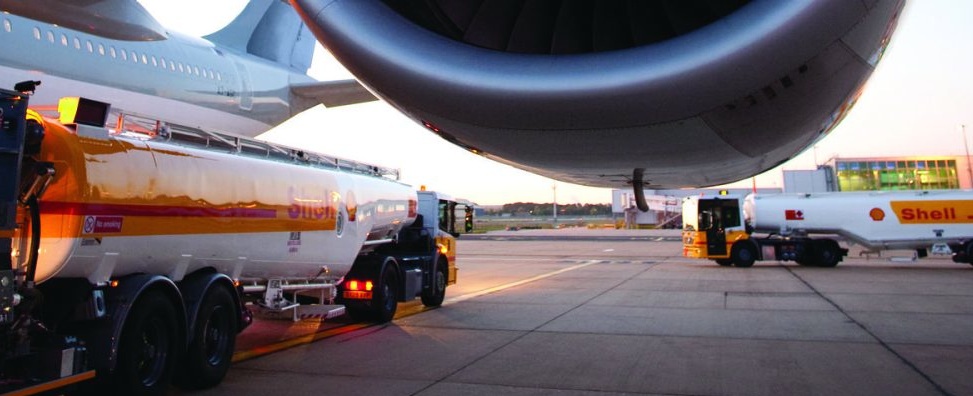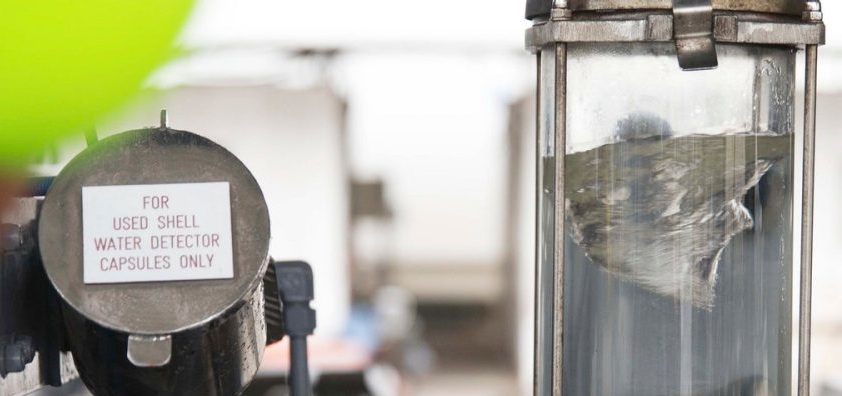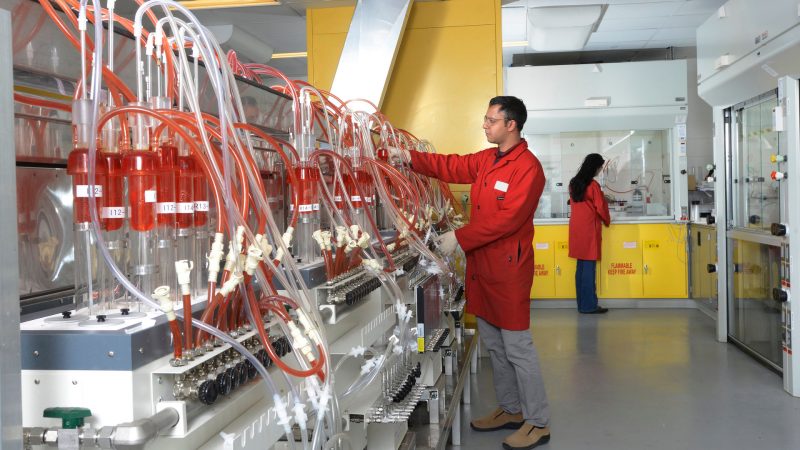Additives may be included in aviation fuels to improve fuel performance – generally by eliminating undesirable effects – or to meet specific requirements of certain aircraft or airline operators. They are added in quantities that are often only measurable in parts per million.
The additive content of jet fuels varies considerably, depending on whether the fuel is for civil or military use. Additive packages for Avgas, on the other hand, are fairly standard. Only additives that have been through a detailed and comprehensive evaluation and approval process are permitted.
Tetra-ethyl lead is added to improve the anti-knock characteristics of Avgas. There are pressures to eliminate this additive on environmental grounds. Alternative ways of boosting the octane rating of Avgas have still to be found however.
Antioxidants (gum inhibitors) must be used in Avgas to prevent the formation of gum and other antioxidation products. Jet fuels, which are inherently more stable than gasolines, may contain them, depending on the treatment process used during manufacture.
A metal deactivator – now rarely used – may be added to nullify the effects of dissolved trace metals, especially copper, which can impair the thermal stability of jet fuels.
Corrosion inhibitors can be used to reduce corrosion in fuel system and improve the lubricity – lubricating properties – of jet fuels.
Fuel system icing inhibitors reduce the freezing point of any water that may be in the fuel system and prevent the formation of ice crystals that could restrict fuel flow. They are mandatory in military Jet but are not used in civil aircraft that have fuel heaters. They may be added to either Jet or Avgas during the fuelling of small aircraft.
Static dissipater additives minimise the hazardous effects of static charges that build up during movement of jet fuels. They are sometimes used in Avgas as well.






